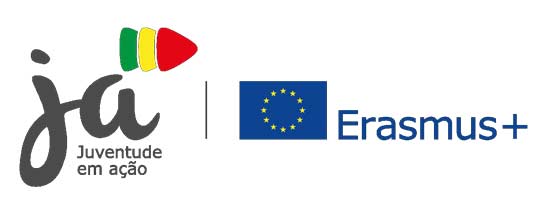The Social Youth project aim at bringing together primarily, disadvantaged Youth (NEETs) with secondary TG, SMEs active in the rural tourism sector, in a collaboration to create new external touristic services and products by the youth and implemented in the SMEs. Through a cooperation methodology, the necessary training resources, an implementation methodology and a learning framework, the partners aim at enabling and/or up-skill youth workers and rural youth, to foster their entrepreneurial skills and mindsets, especially in social entrepreneurship, while offering them valuable digital competences in cutting edge technologies (AR) with a great potential for application in rural tourism services. The youth will in turn, create alternative touristic services and products, suitable for the SMEs.
The Project
Objectives:
- Foster youth entrepreneurial. mindsets in rural areas and identifying needs in digital communication and digital content creation related skills
- Developing learning resources for Youth, youth workers and trainers,
- Developing a framework guide to help Youth workers and trainers to exploit the Social Youth results,
- Developing a Digital Training Toolbox to facilitate access to learning resources, case studies, and training paths
- Creating actual case-studies/business applications through pilot-testing the methodology and toolkit
- Engaging project stakeholders in collaboration and networking regarding the project theme, and researching transferability potential to other sectors besides tourism (e.g. retail, commerce, manufacturing etc.).
It is estimated that approximately 300 youth and youth workers and subsequently, SMEs will be trained through the Social Youth methodology and tools.
Target groups: Primary target group are Youth in rural areas NEET or in danger of leaving, NEET and youth workers
Secondary target group: Youth organisations, Project stakeholders/Partners: Clusters, business associations, SME networks, etc.
The project partners will work together to tackle a common problem with a transnational character. They will compare data, benefit from exchange of good practice, complement each other in terms of expertise and previous experience and create youth work tools that will have a wide application across nations and cultures. Moreover, by addressing different forms of rural tourism in each partner region according to the local experience and capacity, the project outputs will be further complemented in terms of applicability to different contexts around the EU.







